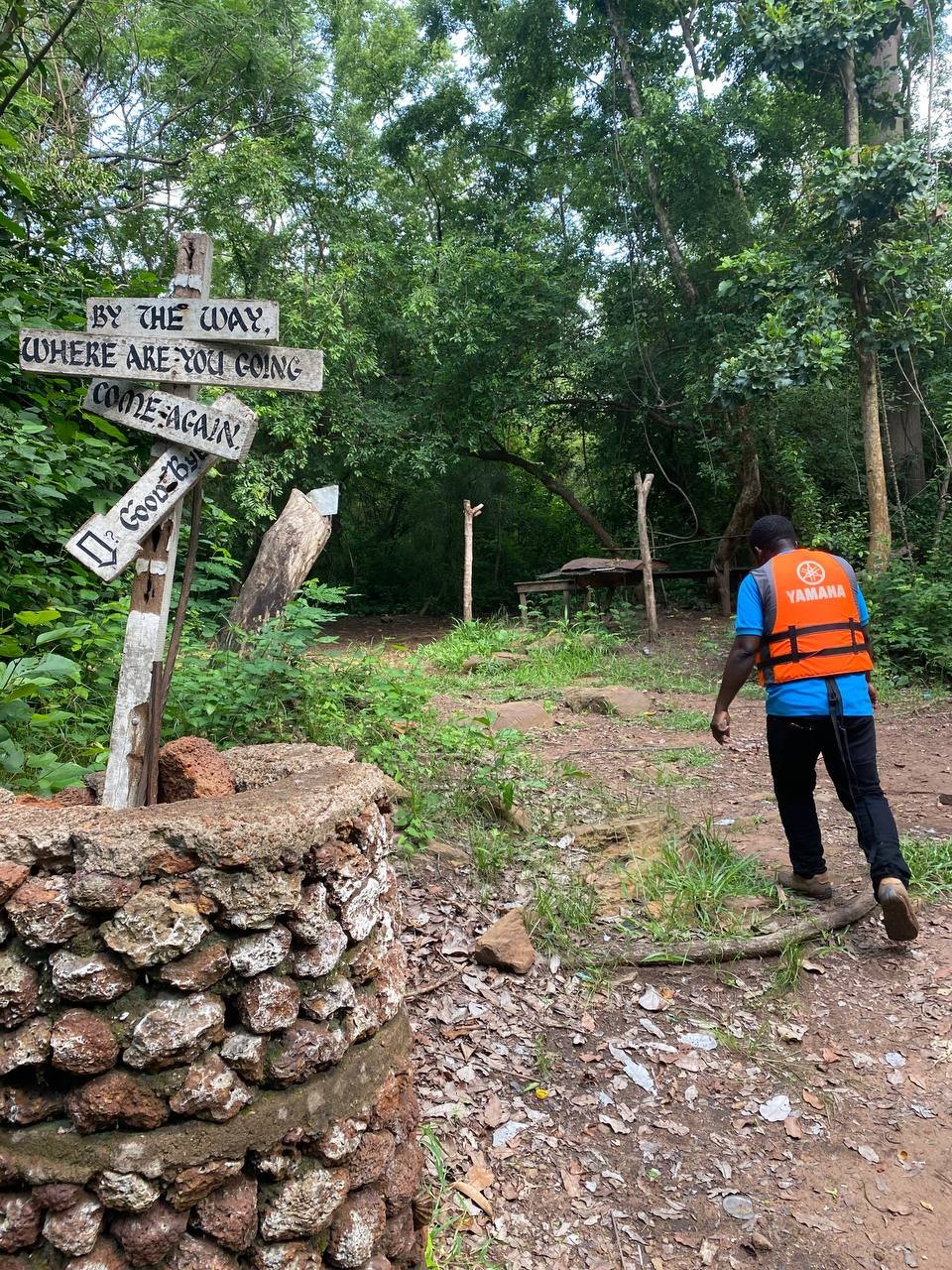
Onchocerciasis, commonly known as river blindness, is a neglected tropical disease caused by the parasitic worm Onchocerca volvulus. It is primarily transmitted through the bites of infected blackflies (Simulium spp.), which breed in fast-flowing rivers and streams, particularly in rural areas of sub-Saharan Africa.
Ghana, like many other countries in sub-Saharan Africa, has grappled with the burden of onchocerciasis for decades. The disease not only inflicts physical suffering due to skin lesions, itching, and visual impairment but has also been associated with various systemic manifestations, including neurological complications such as epilepsy.
Epilepsy is a chronic neurological disorder characterized by recurrent seizures, which can manifest in various forms and severity. While the exact mechanisms linking onchocerciasis and epilepsy are not fully understood, studies have suggested a potential association between the two, particularly in areas where onchocerciasis is endemic.
Ivermectin, a macrocyclic lactone, has been the cornerstone of onchocerciasis control programs for several decades. Mass administration of ivermectin, either annually or biannually, has led to significant reductions in the prevalence and intensity of onchocerciasis in endemic regions. However, the potential impact of long-term ivermectin administration on the occurrence and severity of epilepsy in onchocerciasis-endemic areas remains a topic of debate and investigation.
Understanding the relationship between onchocerciasis and epilepsy, as well as the potential influence of ivermectin treatment on these conditions, is crucial for guiding public health interventions and improving the well-being of affected populations in Ghana and other endemic regions. This project aims to contribute to the growing body of knowledge in this field and inform strategies for integrated control of onchocerciasis and associated neurological complications.




















